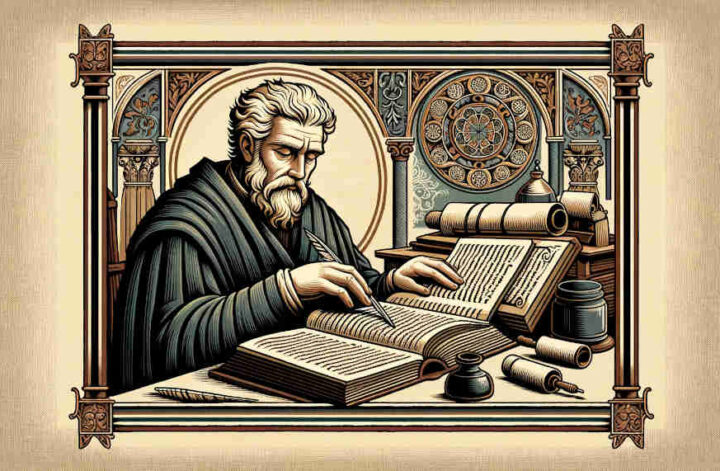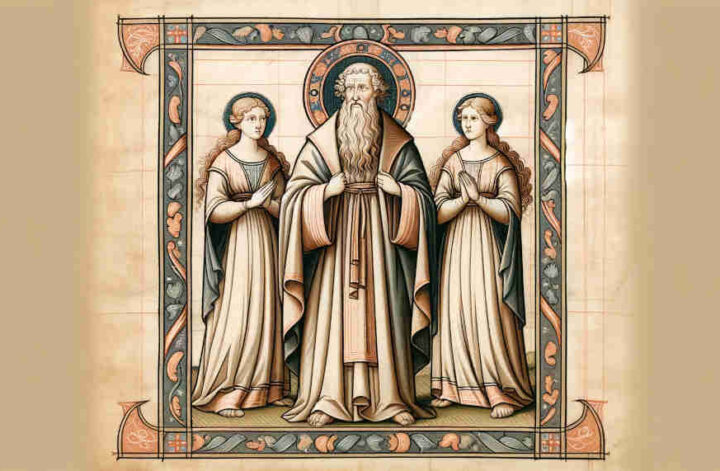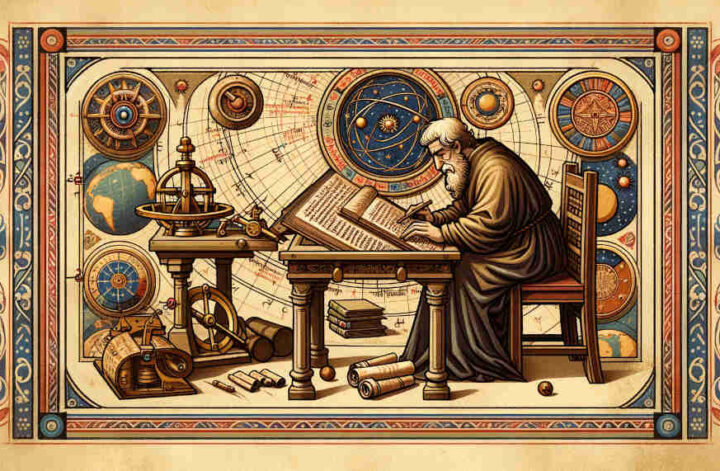Question from a Reader:
From: Ethan Martinez
Subject: Studying Torah as a Noahide
Dear Rabbi Joshua,
I’ve recently been exploring the teachings of Judaism and came across the concept of the Noahide Laws. As a Noahide, I am curious to know whether it is permissible for me to study the entire Torah. I found a website suggesting that Noahides should only study parts of the Torah that are relevant to them. However, this limitation doesn’t feel right to me. Can you provide some insight into this matter?
Sincerely,
Ethan
The Permissibility of Torah Study for Noahides
Dear Ethan,
Your question touches on a nuanced and profound aspect of Jewish teaching and tradition. In addressing this, we must first understand the distinction between Jews and Noahides (or B’nei Noach) in the context of Torah study.
The Torah, in its broadest sense, encompasses the entire spectrum of Jewish teaching, law, and narrative, from the Written Torah (the Five Books of Moses) to the Oral Torah (embodied in the Mishna, Talmud, and subsequent rabbinic writings). Traditionally, Jewish law holds that the entire Torah is primarily the inheritance of the Jewish people (Devarim/Deuteronomy 33:4).
However, this does not exclude Noahides from engaging with the Torah. The Noahide Laws, seven universal laws given to the descendants of Noah, form a basic moral framework shared by all humanity. In the Talmud, Tractate Sanhedrin 59a, it is discussed how non-Jews may engage in the study of Torah. The sages explain that while non-Jews are certainly encouraged to study the parts of the Torah relevant to the Noahide Laws, extending their study beyond this scope is a matter of debate.
Rabbinic opinion varies on this issue. Some posits that non-Jews should focus solely on the aspects of Torah directly pertaining to the Noahide commandments. This view is rooted in the principle of maintaining a clear distinction between Jewish and Noahide obligations. Others, however, advocate a more inclusive approach, permitting Noahides to study more broadly, recognizing the universal relevance and wisdom contained in the Torah.
It’s important to note that this broader approach doesn’t imply equal obligation or identical religious experience as that of a Jew. The Torah contains commandments and teachings specifically tailored for the Jewish people. Nevertheless, its ethical teachings, narratives, and wisdom are seen as a light unto the nations (Isaiah 42:6), offering moral guidance and spiritual insight to all.
So, in conclusion, while there is a traditional emphasis on Noahides focusing their study on aspects of the Torah relevant to the Noahide Laws, a more expansive study is not necessarily prohibited, especially if it is done with the guidance of knowledgeable Jewish scholars or teachers. This approach aligns with the spirit of the Torah as a source of wisdom and ethical guidance for all humanity.
In your journey of Torah study, I encourage you to explore these teachings with humility and respect for their sacred origins and context. May your study enrich your understanding and bring you closer to the universal truths that the Torah imparts to us all.
Shalom and blessings,
Rabbi Joshua


